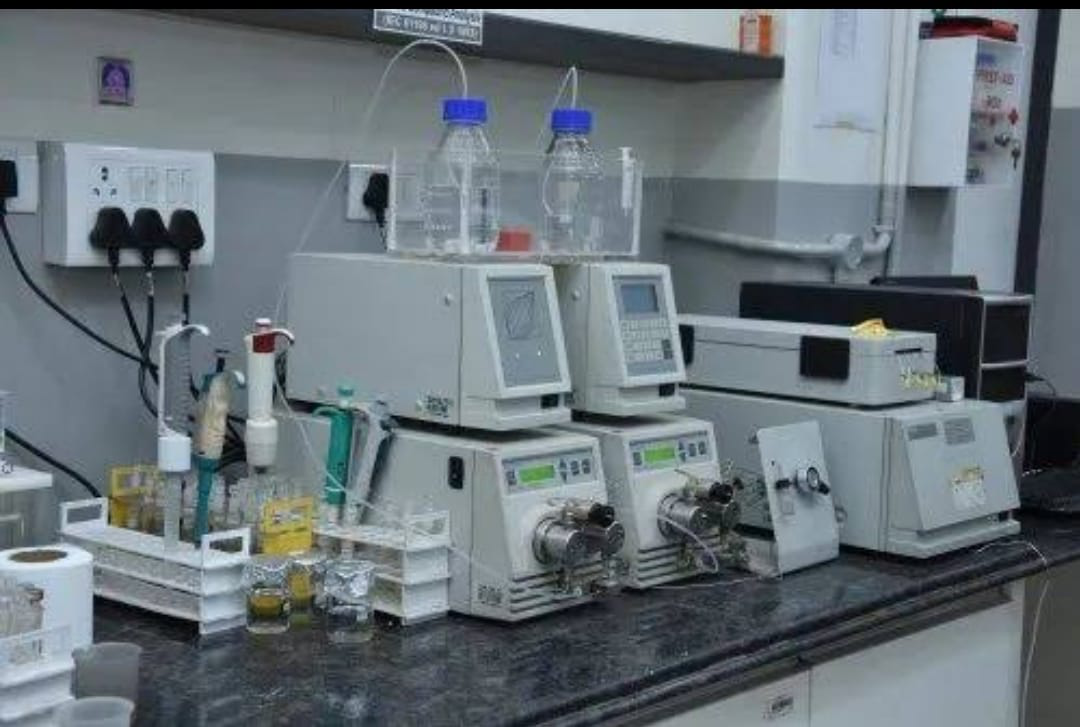
Testing transformer oil by a National Accreditation Board for Testing and Calibration Laboratories (NABL) accredited lab ensures that the results are accurate, reliable, and comply with international standards. NABL accreditation signifies that the laboratory meets specific criteria for competence, impartiality, and performance. Transformer oil testing is crucial for assessing the condition of the oil and the transformer itself. Here are some common tests conducted on transformer oil:
1. Dissolved Gas Analysis (DGA):
- DGA is performed to detect and analyze the concentration of gases dissolved in the transformer oil.
- Different gases are produced as a result of various types of faults in the transformer, such as overheating, partial discharges, or arcing.
- The presence and concentration of specific gases can help identify potential issues with the transformer.
2. Dielectric Strength:
- Dielectric strength tests assess the ability of the oil to withstand electrical stress.
- Standard tests include Breakdown Voltage (BDV) tests, which measure the voltage required to break down the insulating properties of the oil.
3. Moisture Content:
- Moisture in transformer oil can reduce its dielectric strength and lead to insulation failure.
- Various methods, such as Karl Fischer titration or direct measurement, can be used to determine moisture content.
4. Acid Value:
- The acid value measures the acidity of the oil and indicates the extent of oil oxidation.
- Elevated acid values may suggest degradation of the oil.
5. Interfacial Tension:
- Interfacial tension tests evaluate the degree of contamination in the oil.
- A decrease in interfacial tension may indicate the presence of contaminants.


